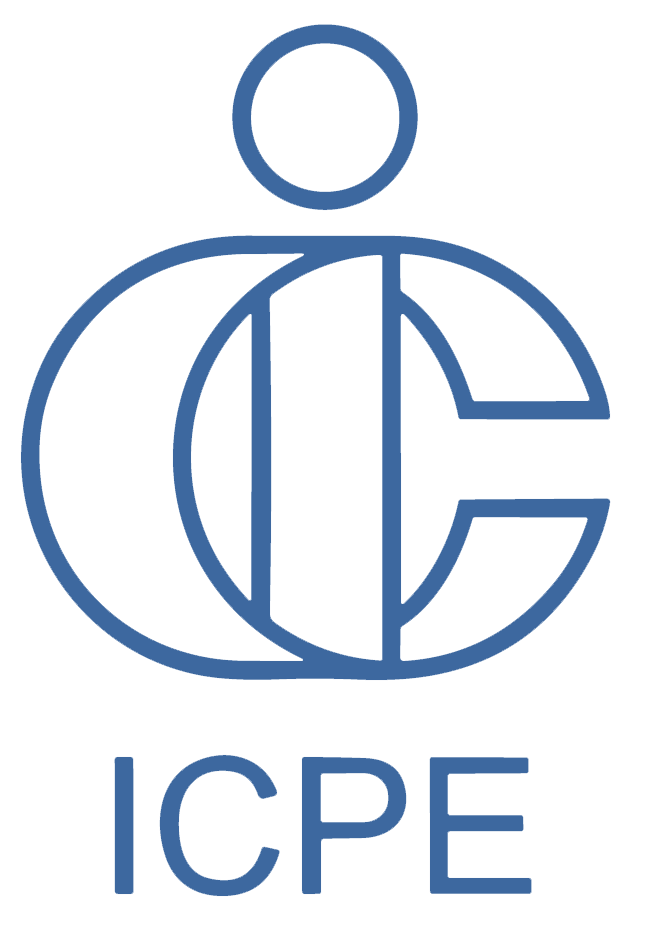On 25 November 2014 the International Center for Promotion of Enterprises (ICPE) organized the Round Table “Integration of Protected Nature Areas in the Spatial Planning and Decision-Making Process” together with the Association of Nature Parks of the Republic of Slovenia and the Pomurje Chamber of Commerce and Industry. The event took place in Puconci, Slovenia.
Opening speeches were held by Ernest Nemec, Mayor of Puconci; Janez Podobnik, Acting Director General, ICPE; Robert Grah, Director, Pomurje Chamber of Commerce and Industry; Dr. Katarina Groznik Zeiler, Ministry of the Environment and Spatial Planning of the Republic of Slovenia; Teo Hrvoje Oršanič, President, Association of Nature Parks of the Republic of Slovenia and by Acad. Dr. Anton Vratuša, Honorary President of the ICPE Council. The speakers underlined the importance of sustainable development and the need to actively connect environment protection with development by taking into account the possibilities offered by the protected nature areas and overcoming the existing barriers.
The round table was divided into two parts. The first part was dedicated to the presentation of the articles published in the thematic edition “Integrated Management of Protected Areas” of the Public Enterprise Quarterly Journal that has been recently issued by ICPE in cooperation with the Association of Nature Parks of the Republic of Slovenia. The first part was chaired by Teo Hrvoje Oršanič while presentations were delivered by: Stojan Ščuka, Acting Director, Škocjan Caves Regional Park; Marko Lenarčič, Director, Logar Valley Nature Park; Dr. Damijan Denac, Director, Škocjanski Zatok Nature Reserve; Martin Šolar, Triglav National Park; Barbara Zupanc, Director, Ljubljana Marsh Nature Park; Teo Hrvoje Oršanič, Director, Kozjanski Regional Park; Assist. Prof. Dr. Mitja Slavinec, Head, Kmica Astronomical Society; Ddr. Matjaž Mulej, Head, Research Center and Expert Board, Institute for Development of Social Responsibility (IRDO); Dejan Rengeo, Professional counselor, Bio-Farm Rengeo; Daniel Kalamar, Director, Vodovod; Ernest Nemec, Mayor, Puconci Municipality, and Karel Šalamon, Grad Primary School.
The second part, chaired by Robert Grah, focused on the advantages and/or barriers represented by the existence of the protected nature areas in the development of economic activities. The discussion during the second part of the event was held by the representatives of the social, economic, political and academic spheres from Pomurje. Various successful projects implemented in the protected area and beyond its borders were presented by Kristjan Magdič, Director, Frontal; Dr. Tanja Bagar, Head, CEROP laboratory; Dr. Saša Štraus, Director, Pan-Nutri; Daniel Kalamar, Director, Vodovod; Stanislav Sraka, Director, Sinergija Development Agency; Franc Režonja, Director, Chamber of Agriculture and Forestry of Slovenia Murska Sobota; Štefan Smodiš, Head, Biotechnical School Rakičan; Barbara Kolenc, President, Pomurje Tourist Association; Mitja Sankovič, Project Manager, Mura Regional Development Agency; Marjan Kardinar, Mayor, Municipality Dobrovnik; Stanka Dešnik, Acting Director, Goričko Nature Park.
The participants revealed the current activities implemented in the protected nature areas and the prospects for future activities. The message of the round table was that fruitful cooperation can be established between the stakeholders active in a certain protected area if supported by an active continuous dialogue between all interested actors. Additionally, all activities in protected nature areas should be planned by integrating a wide range of aspects, from environment protection, to the impact on the local population and beyond, adequate and sustainable use of resources, infrastructure development, promotion of nature parks as tourist destinations at the local, regional, national and international level, continuous information of the public about the need to preserve protected nature areas and promote their potential, support of the development agencies, local authorities, educational institutions, etc. Last but not least, the demographics in the protected areas is a crucial factor to be considered for avoiding the depopulation of protected areas.
Bearing in mind the crucial role of sustainable development Janez Podobnik informed the participants that ICPE would continue its efforts in promoting sustainable development as one of its core activities. In this sense ICPE will hold an international conference dedicated to this topic in the first half of 2015 aiming to bring together decision-makers, experts active in state organizations as well as in the non-governmental sector coming from the ICPE’s member states, partner states and other countries, representatives of international organizations and other interested stakeholders to present their views and share their knowledge in the field of sustainable development and sustainable growth.

